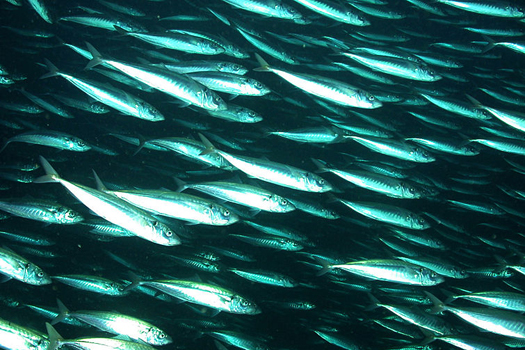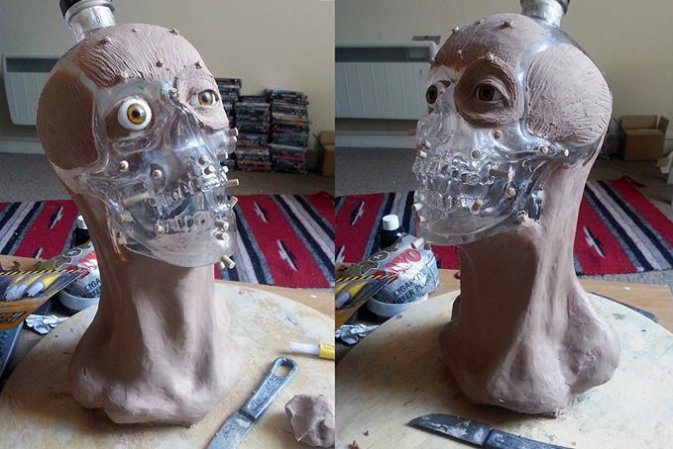

Michelle Cleere is a clinical psychologist and an elite performance expert. Here’s her tale from the field as told to Sara Chodosh. Popular Science’s Play issue is now available to everyone. Read it now, no app or credit card required.
I specialize in helping athletes develop mental skills to face challenges both in their sports and in life. I try to emphasize to my clients, most of whom are between the ages of 11 and 15, that they have to make mistakes if they want to improve. But that’s become an even harder lesson to learn: In my 18 years of doing this job, I’ve never seen rates of perfectionism so astronomical. Society doesn’t celebrate losers, so no one wants to be one.
Many external factors can warp how we view success. Imagine you’re in fourth grade and you get a 100 on a math test. The teacher says, “Great job, you did so well!” The next day you get a 99 and they say nothing. This reinforces that in order to gain validation, you have to ace everything you do. You have to win at all costs and can’t make a single mistake.
To fix this, I try to help people redefine perfection. Rather than never missing a free throw or a question on a math test, being flawless can instead mean always striving for your best. Specificity and realism about your goals and your path to achieve them means that mishaps along the way are okay and expected. Fumbles don’t mean you’re not a winner.















